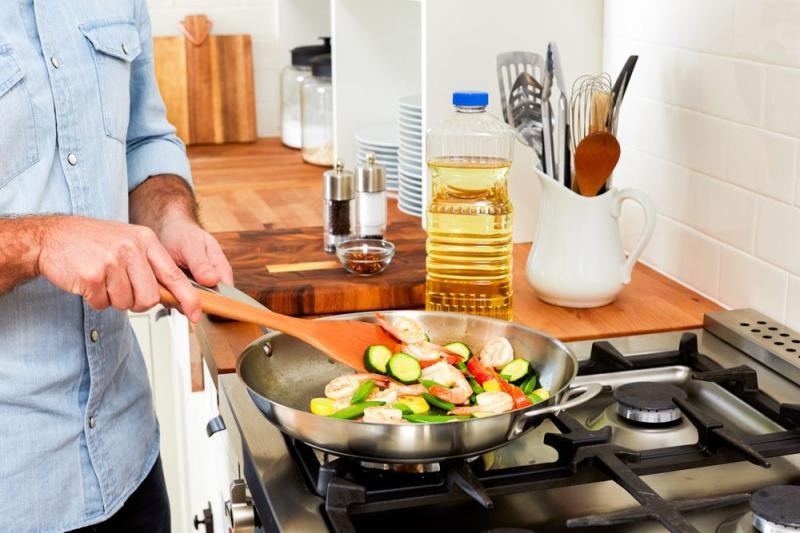Maintaining a clean commercial kitchen sink isn't just about hygiene; it's also key to keeping your kitchen running smoothly. An unclean sink can lead to contamination, alter the flavors of your dishes, and even pose health risks. Therefore, knowing how to clean a commercial kitchen sink thoroughly is essential for any kitchen professional.

The Importance of a Clean Commercial Kitchen Sink
A commercial kitchen is a bustling environment operating from morning until late at night, handling a plethora of food and utensils. With such high usage, keeping the sink clean is vital for several reasons:
- Health and Safety: Dirty sinks can harbor harmful bacteria and germs, potentially leading to foodborne illnesses.
- Operational Efficiency: A clean sink ensures the kitchen functions without interruptions caused by clogs or unpleasant odors.
- Compliance: Maintaining clean facilities helps meet health regulations and pass inspections more effortlessly.

Gathering Your Cleaning Supplies
Before you begin the cleaning process for your commercial kitchen sink, make sure you have the necessary supplies:
- Heavy-duty gloves
- Scrub brushes
- Microfiber cloths
- Food-safe disinfectant
- Sponges and scouring pads
- Drain cleaners
- Baking soda and vinegar
- Stainless steel cleaner (if applicable)

A Step-by-Step Guide to Cleaning a Commercial Kitchen Sink
1. Preliminary Rinse
Begin by thoroughly rinsing the sink with hot water. This initial step helps to loosen any food particles and grease that may have accumulated.
2. Apply Cleaning Solutions
Use a food-safe disinfectant to cover all surfaces of the sink. Ensure you reach every nook and cranny, including the faucet and handles.
3. Scrub Away Debris
Take your scrub brush and work the disinfectant into the sink's surfaces. Pay special attention to areas that typically gather grime, such as the corners and around the drain.
4. Rinse Again
Rinse the sink thoroughly with hot water, ensuring that all the cleaning solution is washed away.
5. Deep Clean the Drain
Pour baking soda down the drain followed by vinegar. Let it sit for a few minutes before rinsing it with boiling water. This helps to clear out any stubborn debris in the pipes.
6. Disinfect and Polish
Finally, use a microfiber cloth to apply a stainless steel cleaner if you have a stainless steel sink. This step ensures the sink not only stays clean but also shines.

Tips for Maintaining a Clean Commercial Kitchen Sink
- Regular Cleaning: Implement daily and weekly cleaning routines.
- Immediate Action: Clean spills and food particles immediately.
- Proper Waste Disposal: Always dispose of food waste properly to avoid clogs.
- Daily Maintenance
- Deep Cleaning
- Waste Management
Common Mistakes to Avoid
Even seasoned professionals make mistakes. Here are common ones to avoid:
- Using non-food-safe cleaners
- Ignoring the drain
- Not rinsing thoroughly
- Neglecting regular maintenance
FAQs
1. How often should I clean a commercial kitchen sink?
It's recommended to clean your sink daily and perform a deep clean weekly.
2. Can I use bleach to clean my commercial kitchen sink?
While bleach can be effective, it's essential to use a food-safe disinfectant that won't contaminate your kitchen.
3. What should I do if my sink has a persistent odor?
Consider using baking soda and vinegar down the drain or a specialized drain cleaner to eliminate the smell. Check out these kitchen cleaning tips for more advice.
Keeping a commercial kitchen sink clean is a fundamental part of running a professional kitchen. By following these tips and adopting a routine, you can ensure your kitchen remains both efficient and sanitary.
As an Amazon Associate, I earn from qualifying purchases.





Leave a comment
This site is protected by hCaptcha and the hCaptcha Privacy Policy and Terms of Service apply.